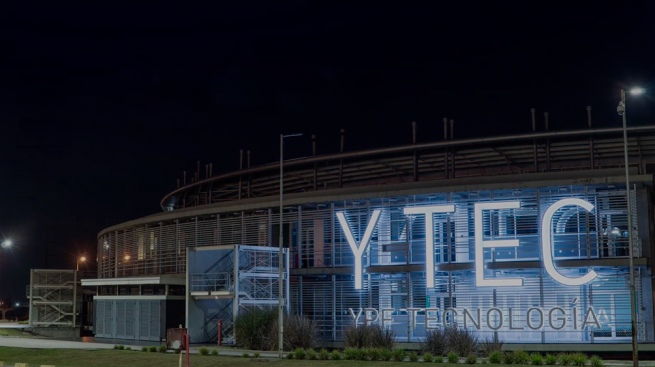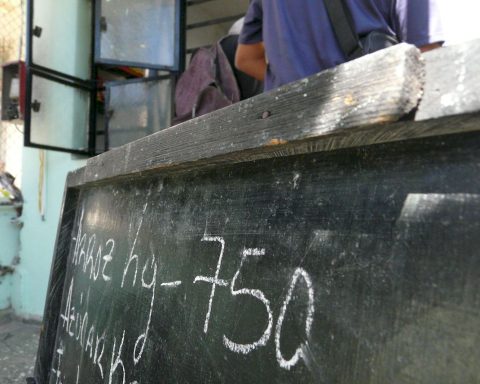The H2ar Consortium presented a scenario report for the next decade that reveals that the country faces “a historic opportunity”, driven by the acceleration of the global energy transition, to consolidate “an export platform of scale in low carbon energies”.
The document, released by the collaborative workspace led by Y-TEC and bringing together 50 companies, highlights that Argentina has competitive costs for supplying low-carbon hydrogen at the international level, an excellent position to join the global production and marketing chains “.
The report revealed that the country has the potential to develop a clean hydrogen dual production strategy, combining generation from natural gas reforming technologies with CO2 capture (blue hydrogen) and water electrolysis using renewable energy.
In addition, it was indicated that Argentina already has highly competitive costs for its production and it is expected that green hydrogen will reach economic parity in 2030. Additionally, it was pointed out that it has the resources and scientific capabilities to play a prominent role in global supply chains. technology and industrial goods that will be required in the new hydrogen economy.
“The country has abundance and quality of resources, two necessary conditions to consider itself a global player. The medium-term strategy for Argentina should be focused on advancing in the validation and scaling of experiences and technologies, thinking of gradually consolidating the foundations of that high-scale export platform of low-carbon energies “, highlighted Santiago Sacerdote, general manager of Y-TEC.

Costs
According to the report, they indicated that in Argentina it is currently possible to achieve a level cost of clean H2 from the reform of Natural Gas with CO2 capture and storage of 1.4 to 1.8 US $ / kg, considering gas prices natural between 3 and 5 US $ / MMBTU respectively; while clean hydrogen produced by renewable electrolysis of water is expected to be between 1.5 / 1.6 USD / kg in 2030.
It is also revealed that hydrogen costs “put Argentina in an excellent position to attract investment and join the global value chain that is being developed.” And that, in this scenario, the adoption of hydrogen technologies and their massification can be accelerated, especially for industry and mobility.
Finally, the report reviews that the most optimistic scenarios show that the Argentine industry will have opportunities for clean hydrogen in the second half of this decade, mainly in the ammonia, methanol, refining and steel sectors, which are currently using 400,000 tons per year. year as raw material.


















